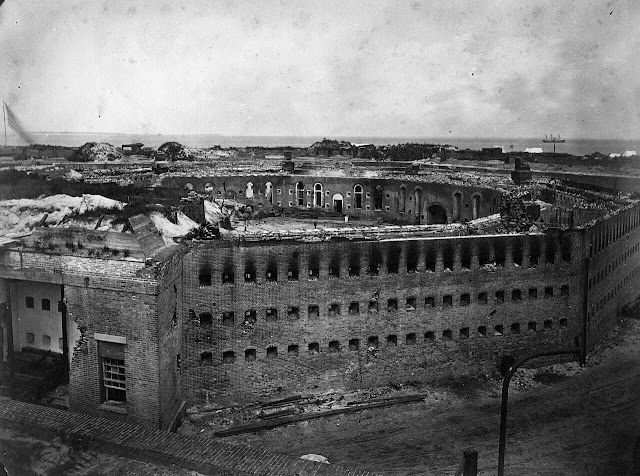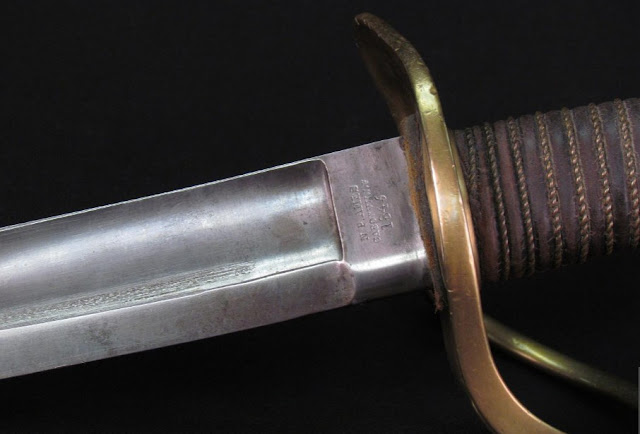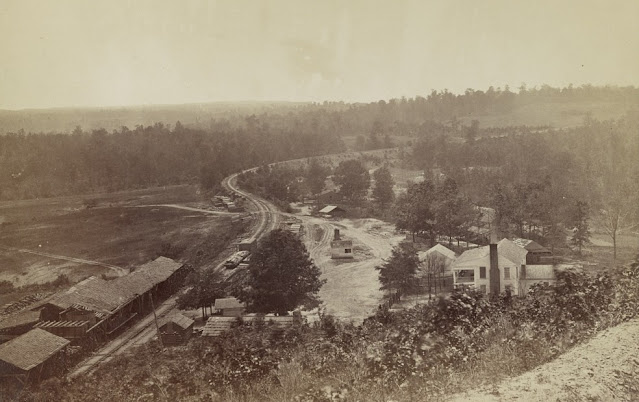The Perfect Trap at Yorktown: A Vermont Survivor’s Tale

S ergeant Frank Rew of the 3 rd Vermont served with the Army of the Potomac from its beginnings through Appomattox, but his first harsh introduction to combat didn’t arrive in a large battle but in a fierce skirmish that took place on the siege lines of Yorktown in April 1862. Four companies of the 3 rd Vermont were tasked with crossing the Warwick River at Dam No. 1 and seizing the Confederate rifle pits beyond which their commanders thought had been abandoned. They were quickly disabused of the notion. “The creek is about six rods wide and into it the brave fellows dashed, some sinking to the waist and others to the arm pits which of course wet much of our ammunition," Sergeant Rew recalled. "When about midway, the Rebels poured in a blinding volley upon them, mowing them down like grass, but on rushed the rest in the face of 3,000 enemy riflemen and dashing up the bank drove a whole regiment from their first rifle pit. The od...


















